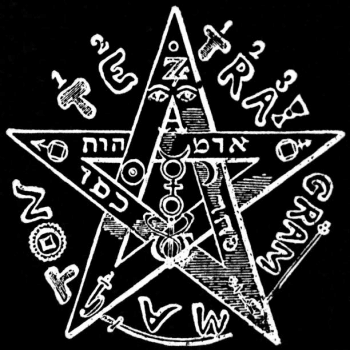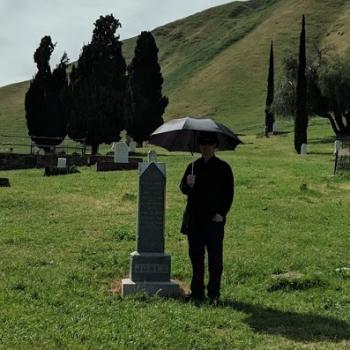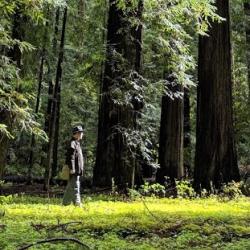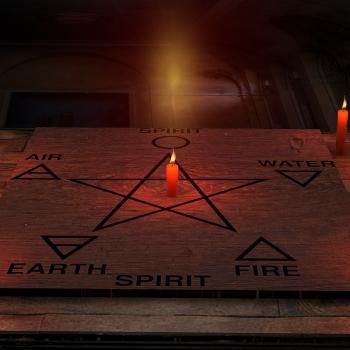The universe is a dangerous and predatory place, and we’re not at the top of the food chain. Religions are like spiritual fortress-cities, and mostly we people live inside them and hope our chosen gods protect us. There are few who wander outside those walls, and fewer still who return.
If the great religions are like fortresses, then each fortress has its own leadership, organization, and rules. Ruled by a god-king, a council, or a family, each is distinct from the others; it looks different, feels different, and has different people living in it.
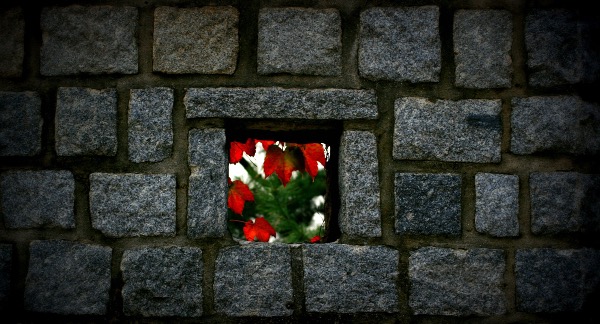
The fortresses are places of power, and they are places where great powers rule. Those who live there live by their rules, or fail to do so and suffer the consequences.
But one rule that all the “fortresses” share is the belief that everyone needs to live in one fortress or another. The idea that we could live without one is considered madness.
Yet there are those of us who travel “outside the walls.” We might be born there, driven there, or called there by some force outside of ourselves. Perhaps we seek it out in a lust for something more. Whatever it is, we leave relative safety (for the fortresses have their own dangers) and make our way into a land that is wild and untamed, beautiful and yet too often monstrous.
For those who make the journey, there’s a discovery to be made. Outside the familiar walls of the world religions, it’s not all untamed wilderness.
Welcome to Pagan Town
Paganism is too young and diverse to be much of a spiritual fortress. It is much closer to being a spiritual frontier town. Instead of an impenetrable wall, it has the makings of a wood palisade or maybe a big hedge around it. The barrier doesn’t stand out, and it’s sculpted to fit into the landscape.
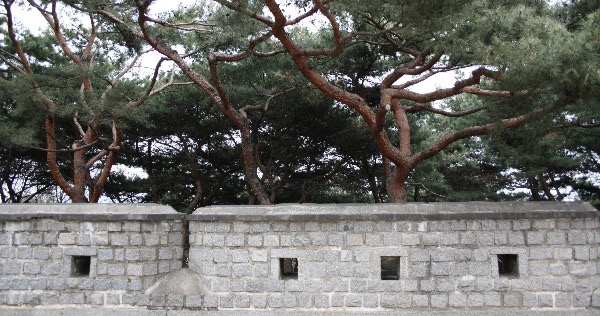
This metaphorical town of Paganism is filled with real people of all kinds and from all walks of life. It is made up of those who were too restless in the “fortresses” of religion and felt the need for a change. It’s a place with a sense of adventure in the air, as if anything could happen. But it’s so new, it’s not sure who it is.
It’s my kind of place.
And as for the people who live there, you can imagine that each tradition has its own street or neighborhood, lined with their own more-or-less defensible, independent compounds and houses. Some are led by gods, some by councils of gods, some by traditions.
Some of the neighborhoods have shared temples or shrines, some have groves, and some just have open-air parks or markets. Many of the houses are made in the styles of ancient architectures.
There is diversity in this town. People don’t live without rules; they just live by their own rules. And they stick together by getting along with their neighbors, not by keeping up with them.
While some who live in this Pagan “town” stay inside, there are others who make their way outside into the true wilderness. And though it’s a town I love, I know it in my bones that my path is to walk outside the boundaries.
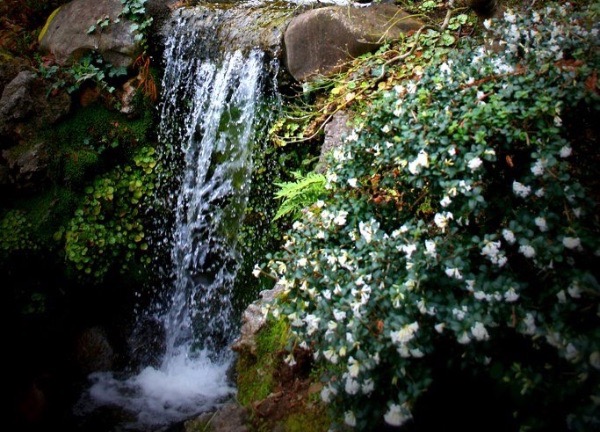
The Other Side of the Hedge
The larger world that exists past the “walls” is not some soft-colored fantasy painting of magic and manifest destiny, but a place as dangerous and inhuman as bear, a spider, or a hurricane. For those willing to explore, there is real knowledge. But the risk is real, as well.
Some of us were simply born to live beyond the gates. We need to know what’s “out there.”
There’s a spiritual equivalent of standing alone in a forest. It’s a place where there is no sign of anyone else. You can drink from whatever running stream is nearby and hunt or forage whatever is needed. That is my religious home.
I have never found a place in the homes of the gods, though I have been a welcome guest and (I hope) suitably thankful for their hospitality. And in turn, when travelers come to my fire, I offer them hospitality and any help they need on their journey.
There are no gods out here where I tread, just immense, unimaginable spirits. There’s this one spirit that guides me, and it may simply be by own.
In the whole world, there are gods I respect and there are gods I love, but I can swear fealty to none. In the wilderness that is my home, there are no higher powers, simply greater ones.


